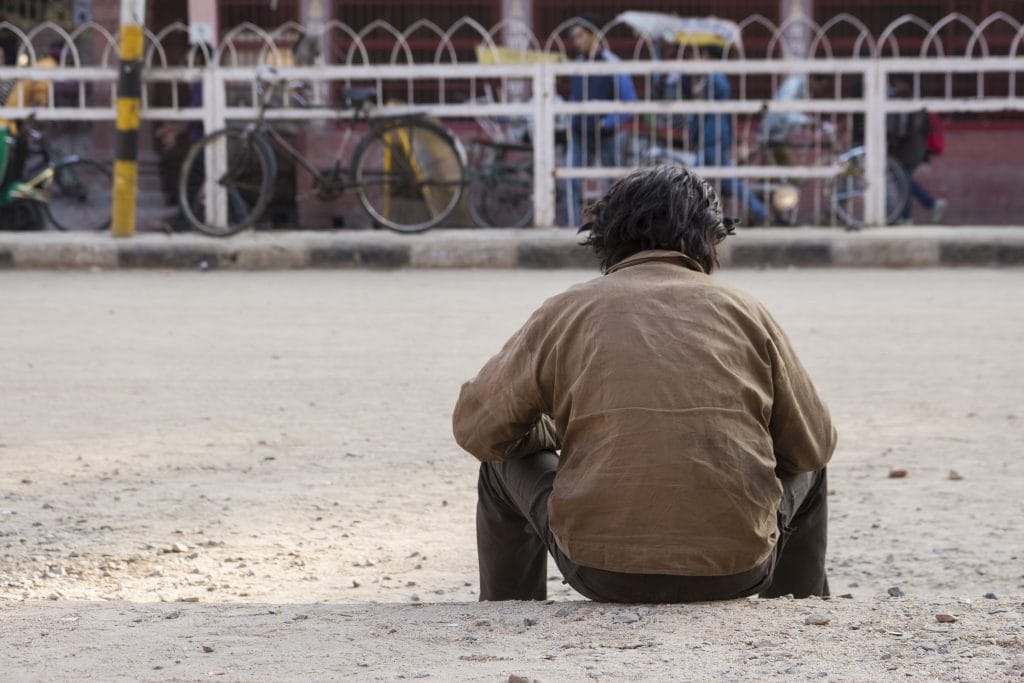Those living with mental health conditions have often found themselves at the mercy of insurance companies who often refuse to cover mental health treatment.

Of the mere ten percent of Indians in need of mental healthcare who can avail it, treatments such as medication or therapy sessions are exempt from insurance policies. Often this can force those already struggling with their mental health to resort to paying out-of-pocket for their mental healthcare that have the potential to leave them in poverty. Such a circumstance can put further strain on the individual’s mental health.
This possibility is likely to change as the Insurance Regulatory and Development Authority of India (IRDAI) have issued new rules governing which conditions must be guaranteed insurance coverage. The list is comprehensive, giving far more assurance to individuals suffering mental health conditions, as well as a number of genetic conditions, that their treatments will be covered.
Among the groups now assured coverage are individuals who are currently prescribed antidepressants and opioids; those with a history of clinical depression and personality disorders; those living with neurodegenerative disorders; or children with Down’s syndrome, dyslexia, autism, or other developmental and neurodevelopmental conditions. Rules have also been put in place to prevent insurance discrimination based on sexuality or gender identity, giving far more protection to the LGBTQ+ community.
Stigma is a common issue faced by both the LGBTQ community and those living with the effects of mental illness. For this stigma to extend towards the medical insurances these individuals need is appalling.
The Mental Health Care Act 2017 took the first steps in bridging the way for those suffering from mental illnesses to receive coverage under health insurance schemes. Despite this first step, many are asking whether progress has been made fast enough. The Act makes it illegal to discriminate in insurance policies on the grounds of mental illness. Irregardless of this, the practice has continued.
Though many treatments are available for free in state hospitals, many individuals live so far from one of these facilities that they are all but impossible to access. These individuals have no choice but to seek treatment in private hospitals, where, without insurance coverage, many are forced into poverty. This is exacerbated by the fact that India experiences significant shortages of mental healthcare staff and that the budget for mental health is just 0.16 of the total government allocation to the healthcare sector, facilitating a massive treatment gap of between fifty and seventy percent according to the Union Health Ministry.
The IRDAI ruling may spur many insurers to cover these groups. However, it is not the first time insurance companies have been legally obliged to provide cover and yet still refused. If true progress is to be made for those with mental health issues, these rulings must be stringently enforced. Meanwhile, efforts must be made to strengthen the healthcare sector to extend services to those with conditions often overlooked in the conversation about public health, be they sexuality- and gender identity-related conditions or mental illness. Otherwise, these vulnerable and marginalised groups will continue to struggle with healthcare out of reach.


—-Stigma is a common issue faced by both the LGBTQ community and those living with the effects of mental illness. For this stigma to extend towards the medical insurances these individuals need is appalling.
In each of the instances above, I would replace the term “stigma” with discrimination.